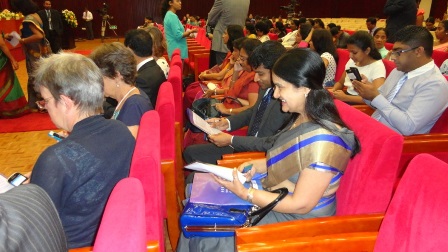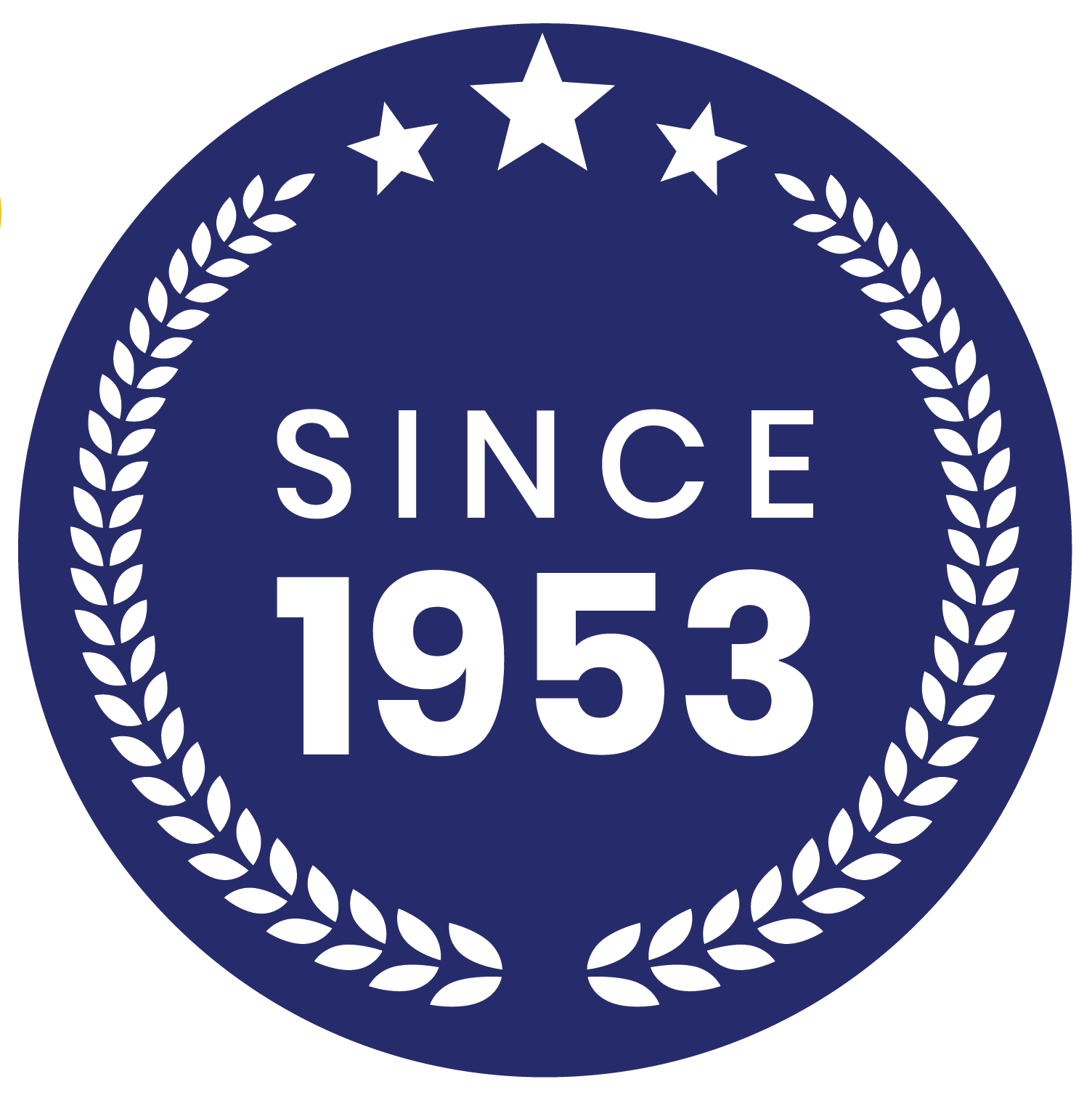IPPF-SARO Advocacy Project on SRH-HIV Integration - Funded by EU - (project concluded)

The project works within national contexts and collaborates closely with national partners, in particular the National STD/AIDS Control programme (NSACP) and the Family Health Bureau (FHB) of the Ministry of Health.Goal is to: Advocate the greater uptake of integrated SRH HIV strategies and strengthen ongoing integrations to enable increased access to services by marginalized groups, especially those considered to drive the HIV epidemic- Female sex workers, men who have sex with men, beach boys and drug users including injecting drug users.Steps taken towards realizing this goal are:
- Conduction of a Rapid Assessment of the status of integrated services at the inception of the project to identify existing gaps and opportunities for scaling up services and using this information in evidenced based advocacy of national stakeholders, civil society organisations and the Global Fund Country Coordinating Mechanism.
- Strengthening civil society organisations (CSO) to a) raise awareness among the general public and key affected populations ( female sex workers, men who have sex with men and drug users) and women and youth about rights based approaches to health, national and district level SRH and HIV services, the benefits of service integration towards the prevention of PMTCT,ECS and spread of HIV b) foster networking among CSOs with developmental agenda and advocating them to incorporate integration related advocacy in their organizational mandates.
- Use of innovative approaches such as the performance of a street drama by an all-female troupe of actors among whom are female sex workers ; broadcasting of programmes on integration, human rights, gender and related issues etc. over the Southern and Uva provincial radio stations of the State broadcasting Corporation.
- Strengthening district level media personnel about the national contexts of SRH and HIV, benefits of integrated approaches and ethical reporting related to PLWH and key affected populations.
- Establishment of youth networks to support youth led advocacy on SRH HIV integration and service availability.
- Building skills and competencies of CSOs to develop proposals and concept notes for submission to Global Fund/ other donors to solicit more donor support for integrated service delivery in Sri Lanka.
- Advocating for law and policy reform relevant to achieving a society free of stigma and discrimination that enables the enjoyment of the right to health by all.
A multiethnic multilingual team of Technical Experts in the spheres of SRH, HIV, Integration, Gender and Global Fund mechanisms has enabled the project to successfully reach out to all communities in the country including those in former conflict and tsunami affected areas, key affected populations, youth and women. The project has partnered among others with national and provincial level stakeholders in health, education, social services, district level media, and key activist organisations such as the Women and Media Collective, the Sri Lanka Medical Association Expert Committee on Women’s Health, the private health sector and the defense forces.The EU/SARO mid project review in June 2013 placed the Sri Lanka project in the top tier and 4 of the 5 best practices recommended for replication with /without adaptation by regional countries were from Sri Lanka.At the recently concluded CSO Symposium held in Bangkok, the EU project very successfully show cased three and a half years of journey towards integration in Sri Lanka. The work of all CSOs engaged with during the project duration, including those on-going and best practices, IEC material produced by the project and its grantees were on display. The Sri Lanka booth had many visitors including the Head of the EU Delegation in Bangkok and was highly commended.
.png)


